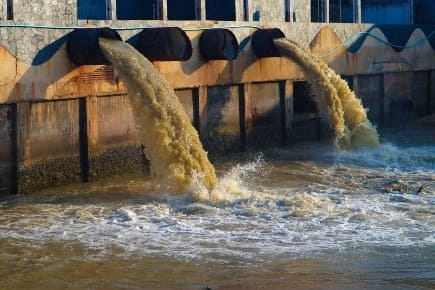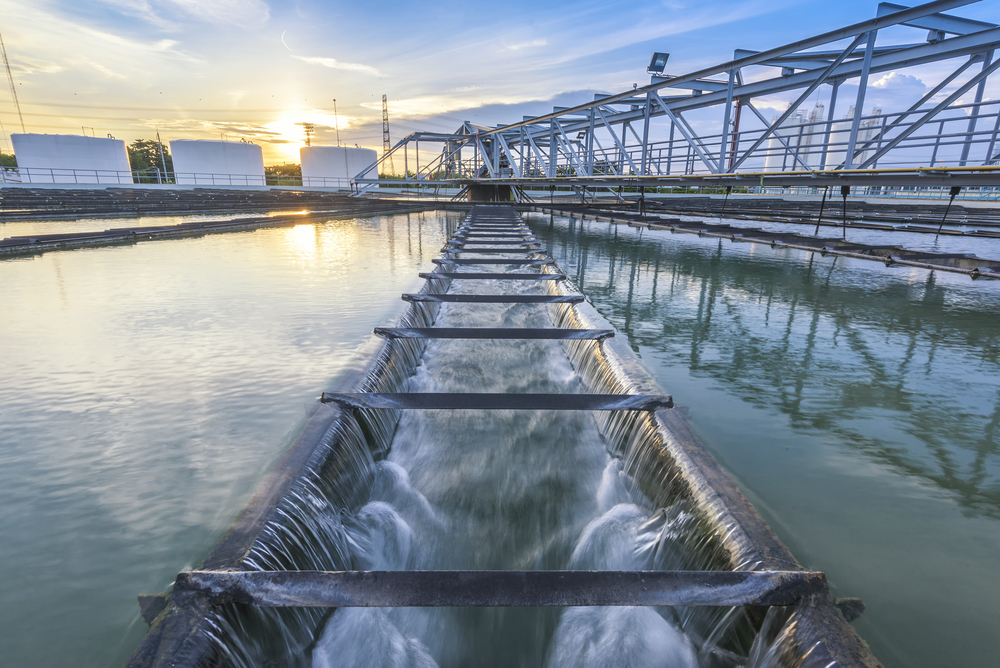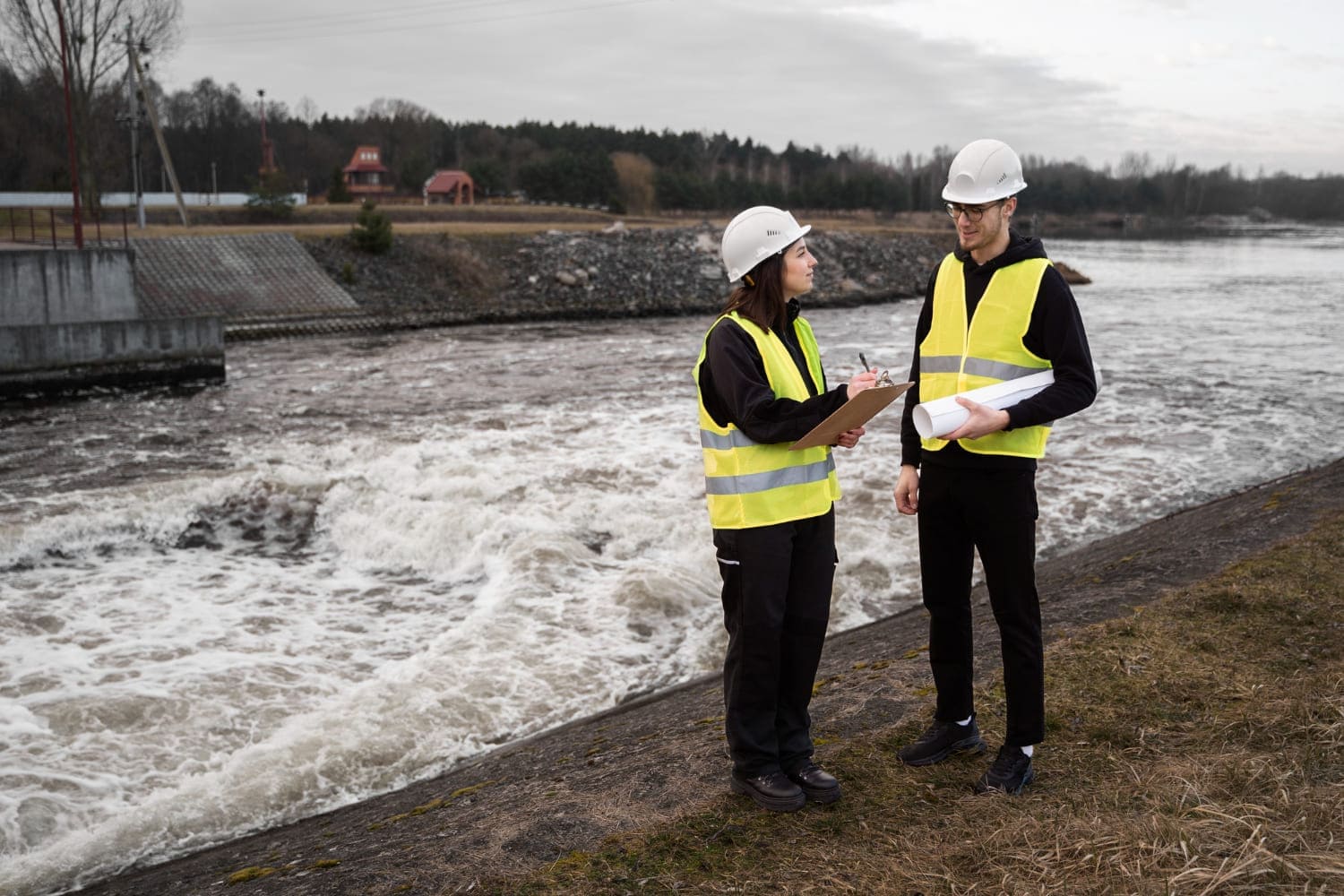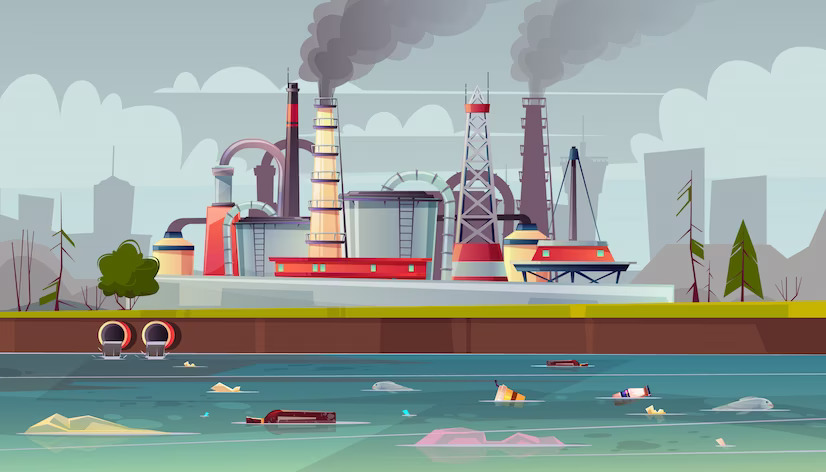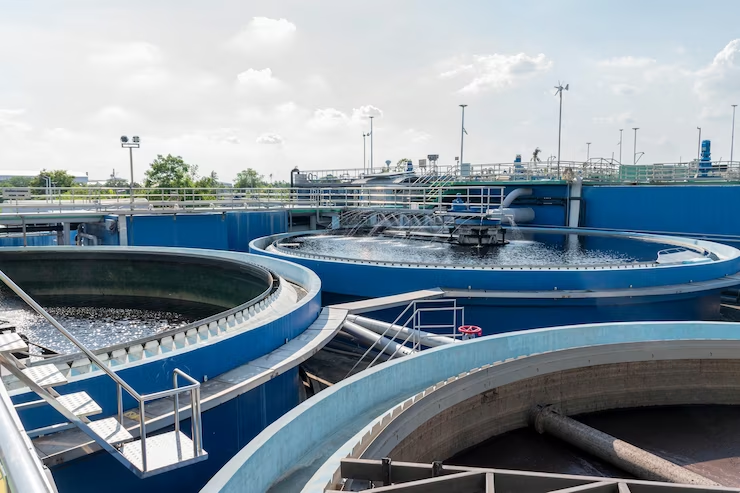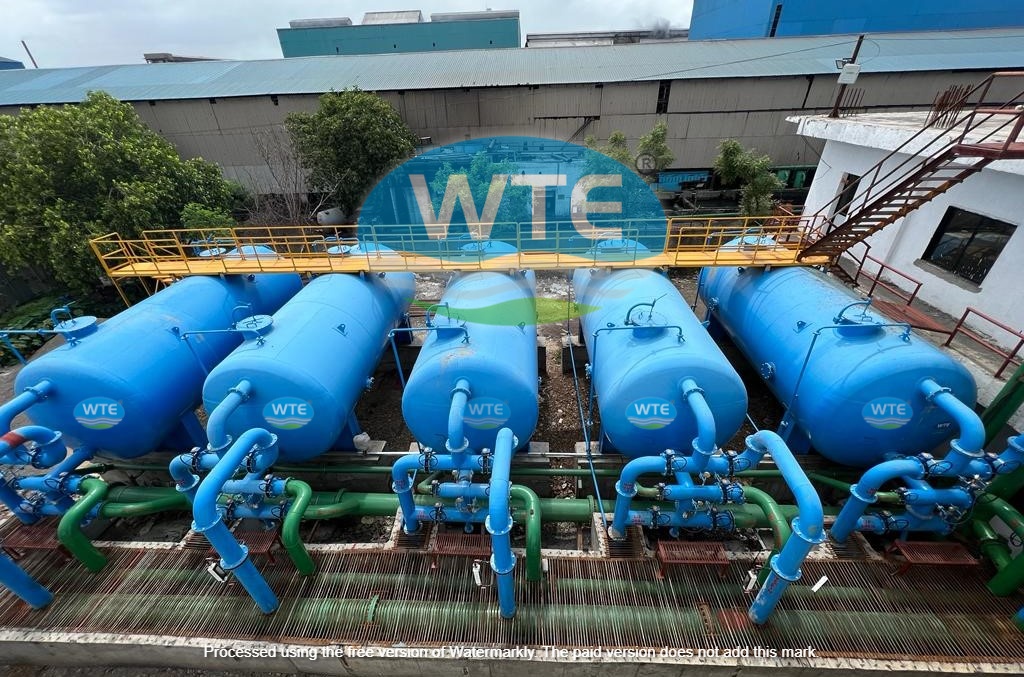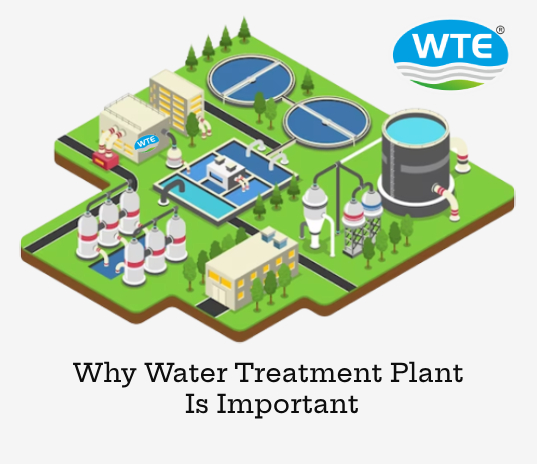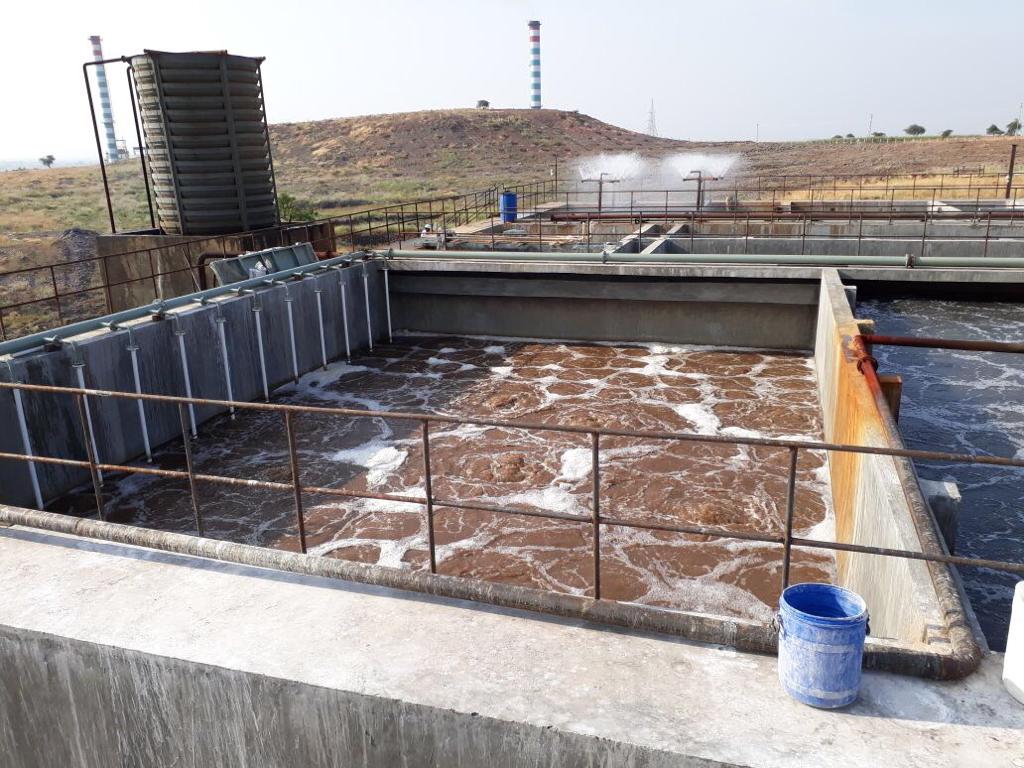How does industrial waste water treatment plant work?
Industrial waste water treatment equipment's is an important process that helps to clean the water generated from industrial activities, making it safe for discharge into the environment or reuse. This process is essential to protect human health, the environment and to comply with regulations and laws that govern the discharge of industrial waste water.
